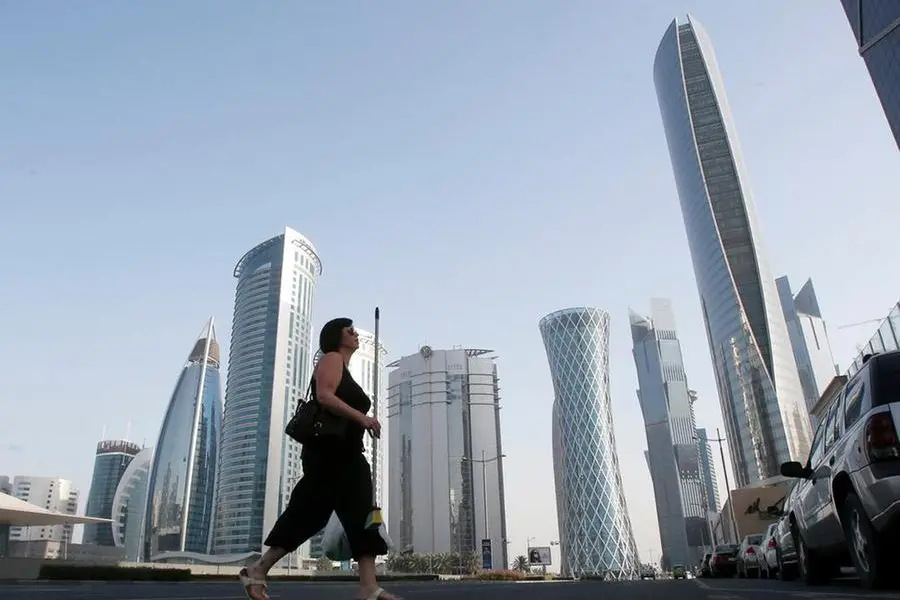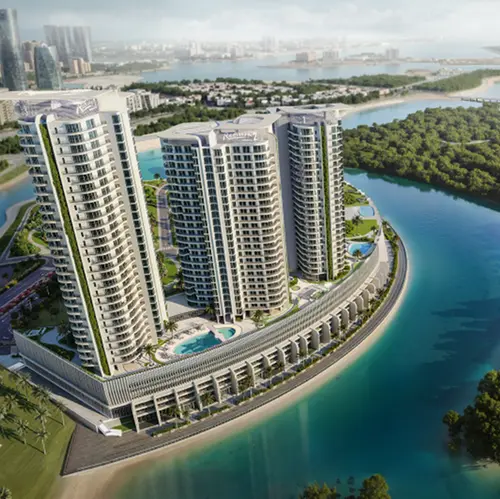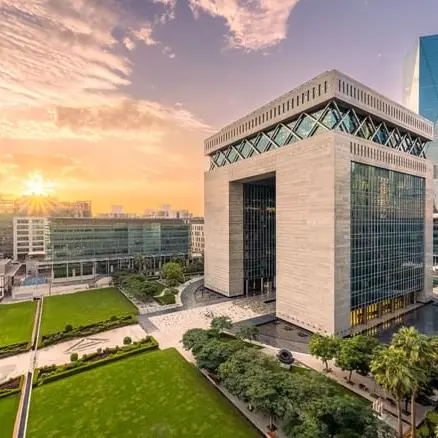PHOTO
The World Cup is just one of the factors that will drive the Qatar real estate industry going forward, with the emergence of PropTech, ESG, COVID-19 recovery and increased tourism playing roles in the sector this year and beyond, according to PwC Middle East.
While there could be a slowdown in the medium term after the post-COVID-19 rebound, Qatar has shown resilience to pandemic-related disruption and has a source of optimism due to its hosting of the FIFA World Cup 2022, PwC said in its Qatar real estate analysis.
The analysis also expects to see tourism arrivals increase after restoration of ties with GCC states.
In addition, the country is focusing on environmental and social governance (ESG), reducing its carbon footprint by integrating sustainability into major projects, PwC said.
However, the country must exploit property technology (PropTech), such as big data to inform policymaking and planning, as well as virtual reality to allow real estate buyers to view properties and projects virtually before they are constructed.
Qatar saw a drop in revenue per available room (RevPAR) in 2016, but shifted focus to diversifying its economy through development of local attractions, such as the Qatar National Museum, and granted visa-free entry to national from 88 countries.
The country saw gains in key tourism industry indicators from the first half of 2020 to the first half of 2021, the analysis said, with occupancy rates, average room revenue and RevPAR gaining seven percent, 16 percent and 24 percent respectively: “With the World Cup ahead and ties with neighboring countries restored, arrivals are set to surge,” it added.
Regarding ESG, sustainability is being incorporated into three major projects, the Doha Metro, Msheireb Downtown and Lusail City ‒ using renewable energy solutions such as on-site energy generation, LED lighting systems and carbon dioxide monitors, PwC said.
“Qatar’s commitment to sustainability is also reflected in World Cup preparations.
“FIFA’s 2022 stadiums are on track to receive at least a 4-star Global Sustainability Assessment System (GSAS) rating in categories such as design, construction, energy and water usage,” the analysis added.
However, the real estate industry has a long history of being resistant to digital disruption and must embrace insights from big data, artificial intelligence and virtual reality key tools in the sector, PwC concluded.
(Reporting by Imogen Lillywhite; editing by Seban Scaria)





















